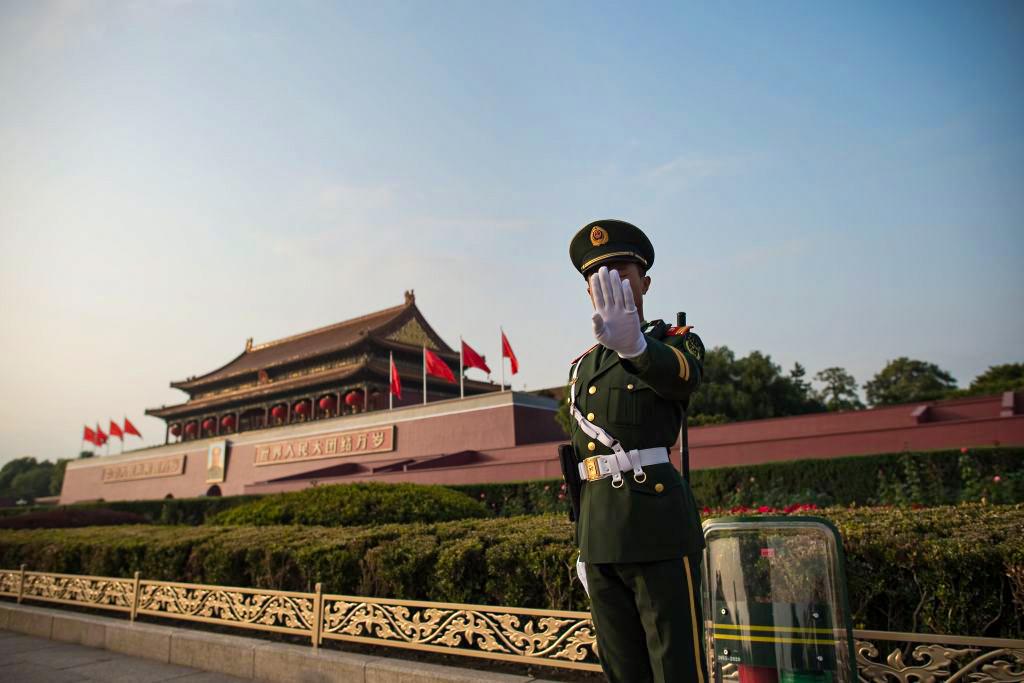China will never have a “meaningful lead” over the United States’ economy and will remain “far less prosperous” and productive per person, even by the mid-century, according to a Sydney-based think tank.
In its new analysis paper, “Revising Down the Rise of China,” the Lowy Institute stated that it believes China’s economic growth will slow to an average of 2 to 3 percent overall from now until 2050, according to their projections.





